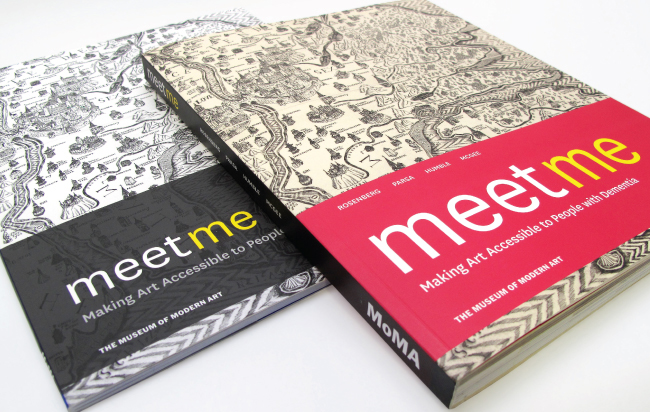
Due to the number of people affected by Alzheimer’s disease, the Museum of Modern Art (MoMA) decided to develop programming for this particular audience, thereby further enhancing MoMA’s programming for older adults.
These programs give those living with the degenerative disease an expressive outlet and forum for dialogue. Specially trained Museum educators engage participants in the early and middle stages of the disease in lively discussions by focusing in depth on iconic art from MoMA’s collection and special exhibitions.
These programs have met an extraordinary success. Following the lead of the MoMa, more and more museums are making their arts available to people that have dementia.
The program, modeled on programs on art for people with dementia at the Museum of Modern Art in New York, has been so successful that the Carnegie is expanding it.
Read more: http://www.post-gazette.com/pg/10361/1113361-114.stm#ixzz1A0f3hXIM
